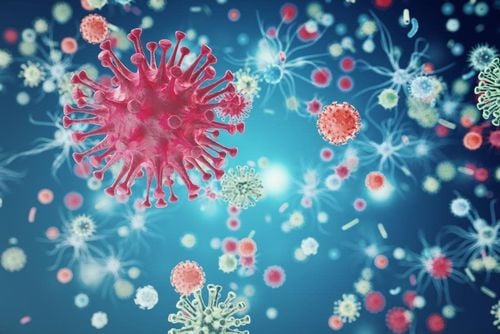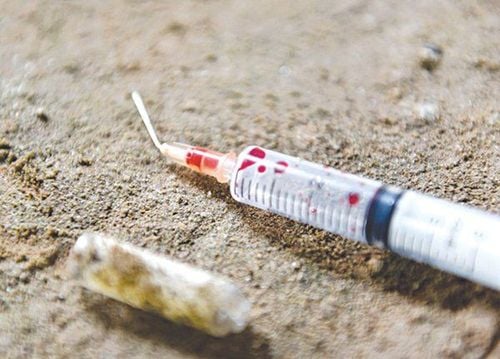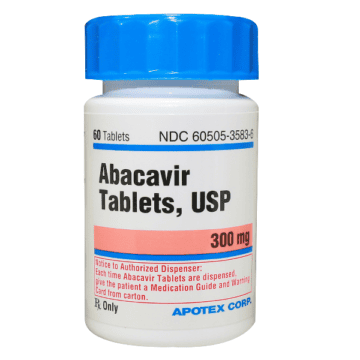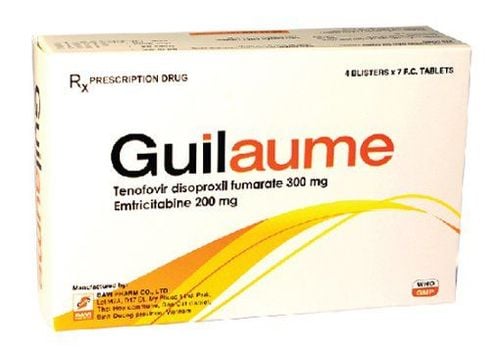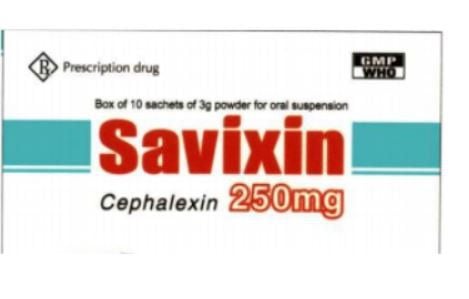This is an automatically translated article.
The average incubation period of HIV in adults is 1 - 6 months, depending on the location and immunity of each individual. People with weakened immune systems have a shorter incubation period. In the early stages, people infected with HIV have flu-like symptoms: fever, sore throat, cough,...
1. Signs of HIV in the early stages
The average incubation period of HIV in adults is 1 - 6 months, depending on the location and immunity of each individual. People with weakened immune systems have a shorter incubation period. In the early stage, also known as primary infection (window period) from week 2 to week 6, people with HIV have some symptoms as follows:
Fever and chills : People infected with HIV in the early stage This patient presents with a mild fever from 37.5 to 38 degrees Celsius, accompanied by chills. Fever is one of the characteristic symptoms in the window period of HIV. This is the time when the virus enters the bloodstream and begins to multiply in large numbers, causing a stimulating response in the immune system. The fever usually lasts for a week or two, but it can be present for only a day. Fatigue: This is the body's response to pathogens that make the patient feel tired and sleepy. Body aches, headaches, muscles, pain in joints: Feeling achy, joints are common symptoms. However, this symptom is easily confused with a common viral infection. Sore throat: Sore throat, causing difficulty swallowing and sore throat. Swollen lymph nodes in the neck, armpit and groin

Những triệu chứng đầu tiên của bệnh HIV là phát ban đỏ ở da
Red rash on the skin : A red rash on the surface of the skin with itchy skin is the most common symptom of HIV infection within 2 to 3 weeks of being infected with the virus. Nausea, diarrhea: About 30-60% of patients have nausea, vomiting or diarrhea in the early stages of HIV disease. There are also some less common symptoms in the early stages, including: unexplained weight loss, fungal infection, thrush or infection, menstrual disorders in women. When there is suspicion of exposure to the source, and early symptoms of the disease appear again, an early HIV diagnostic test should be performed.
2. How long does HIV fever last?
Fever in HIV usually occurs during the onset of the disease. Fever does not last long but develops in bouts during this period. The window period varies from person to person, and also depends on the type of HIV test. Most HIV tests are antibody tests. It takes time for an infected person's body to make enough antibodies for an HIV test to determine if the patient has been infected with HIV. Three weeks is the earliest time for an antibody test to detect an infection. However, early detection of the development of antibodies takes about 3-12 weeks after infection.

Sốt trong HIV sẽ xuất hiện trong giai đoạn đầu của bệnh
At the end of the window period, the amount of antibodies will be so high that HIV infection can be detected by conventional blood testing methods. This means that the serotype has gone from “negative” to “positive”, this is also known as the “seroconversion” phase. This stage can last for 5 years, 10 years or even longer depending on the patient's condition.
Vinmec International General Hospital is one of the hospitals that not only ensures professional quality with a team of leading medical doctors, modern equipment and technology, but also stands out for its examination and consultation services. comprehensive and professional medical consultation and treatment; civilized, polite, safe and sterile medical examination and treatment space.
Please dial HOTLINE for more information or register for an appointment HERE. Download MyVinmec app to make appointments faster and to manage your bookings easily.




